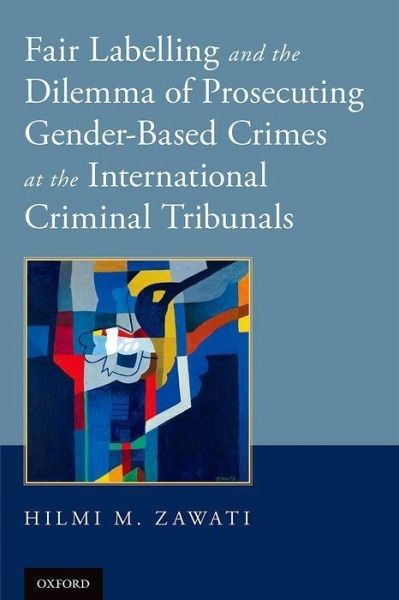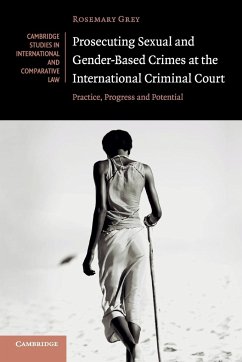
Fair Labelling and the Dilemma of Prosecuting Gender-Based Crimes
Versandkostenfrei!
Versandfertig in 1-2 Wochen
48,99 €
inkl. MwSt.

PAYBACK Punkte
24 °P sammeln!
This scholarly legal work focuses on the dilemma of prosecuting gender-based crimes under the statutes of the international criminal tribunals with reference to the principle of fair labelling. In this book Hilmi M. Zawati explains how the abstractness and lack of accurate description of gender-based crimes in the statutory laws of the international criminal tribunals and courts infringe the principle of fair labelling, lead to inconsistent verdicts and punishments,and cause inadequate prosecution of these crimes. This inquiry deals with gender-based crimes as a case study, within the legal pr...
This scholarly legal work focuses on the dilemma of prosecuting gender-based crimes under the statutes of the international criminal tribunals with reference to the principle of fair labelling. In this book Hilmi M. Zawati explains how the abstractness and lack of accurate description of gender-based crimes in the statutory laws of the international criminal tribunals and courts infringe the principle of fair labelling, lead to inconsistent verdicts and punishments,and cause inadequate prosecution of these crimes. This inquiry deals with gender-based crimes as a case study, within the legal principle and theoretical framework of fair labelling.














